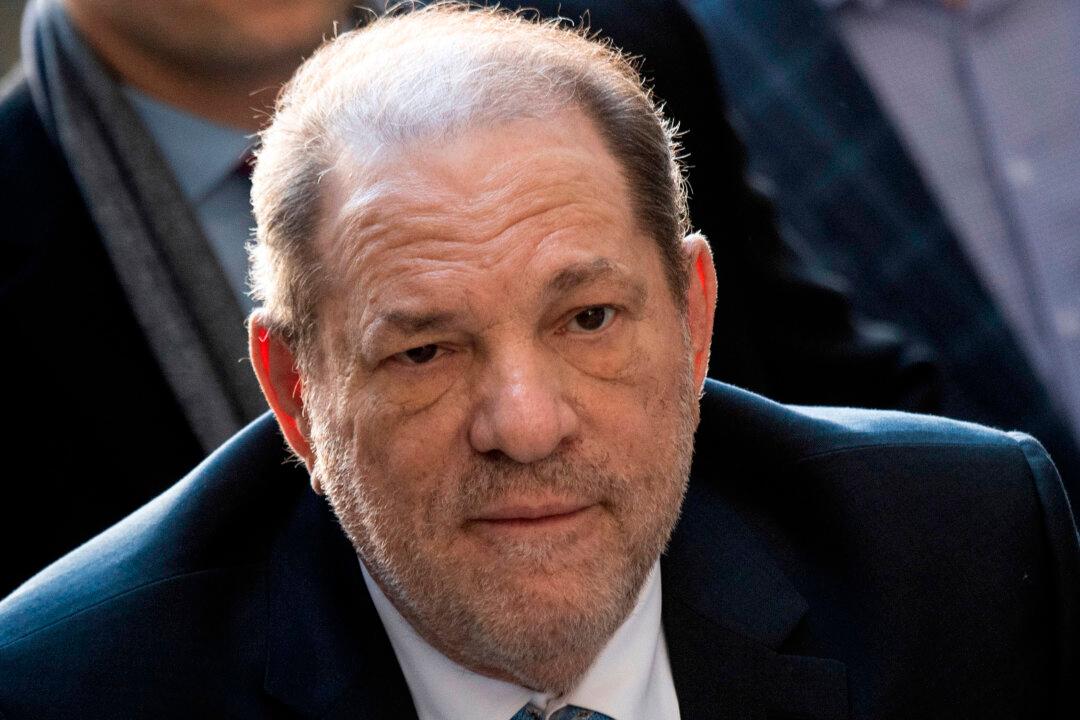Commentary
The verdict in the Harvey Weinstein sex crimes case was described as both a disappointment and a victory. Some court watchers felt the shamed movie mogul should have been found guilty on all counts. Others said the decision ushered in a new era for survivors of sexual assault and tamped down, once and for all, defense attorneys’ tactics of blaming the victim.





